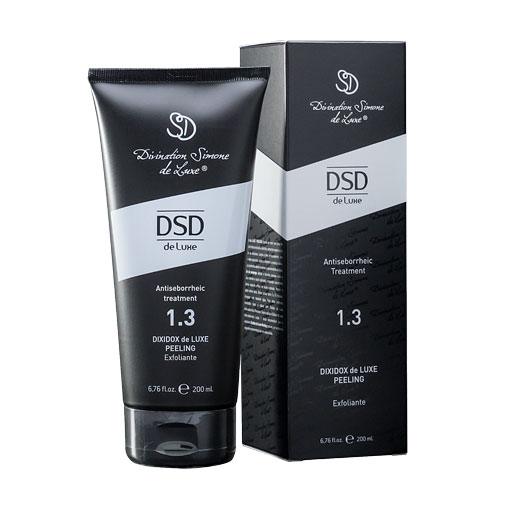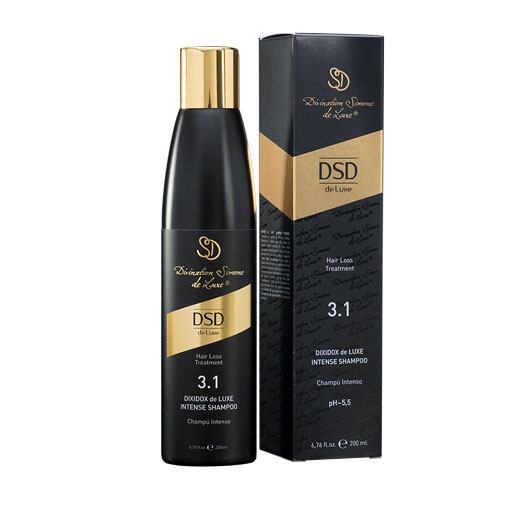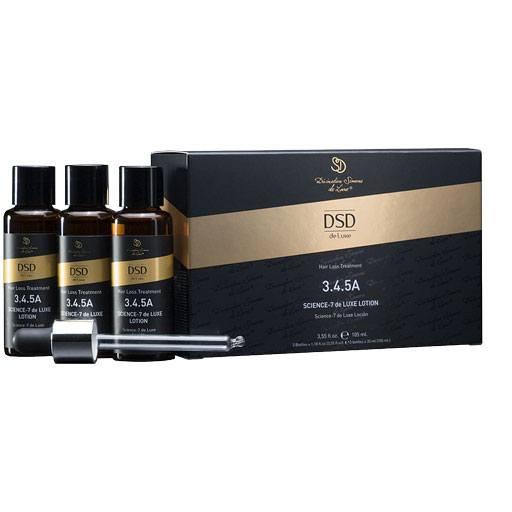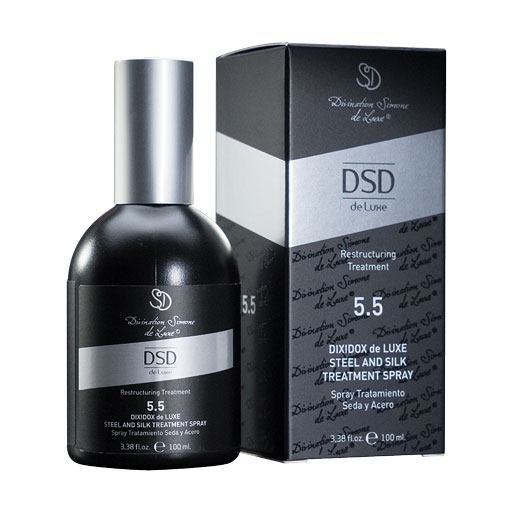On average, healthy hair grows about 1 to 1.5 cm per month. When growth suddenly slows down or stops, it may signal internal imbalances in the body or negative external influences. That is why it is important to understand why hair is not growing properly and how to address this issue effectively.

Why Is My Hair Not Growing?
Problems with hair growth are often a reflection of the body’s internal state and can indicate underlying health issues. Only a trichologist can provide an exact diagnosis, but in many cases, you can influence the situation yourself. The causes are often linked to lifestyle factors and habits that are within your control.
Stress
One of the main reasons why hair growth stops is stress. Stressful events affect all metabolic processes in the body and therefore have a negative impact on overall health. Under constant stress, hair may shed more than usual, become brittle and lifeless, and grow more slowly. To prevent this, it is essential to pay continuous attention to mental health. Walks in the fresh air, physical activity, yoga, or meditation can all help restore balance and improve hair growth.
Lack of Sleep
During sleep, important regeneration and repair processes take place in the body. If you consistently sleep too little and fail to balance work and rest, this can lead to fatigue, poor well-being, and disrupted hair growth. For overall health, it is vital to get 7–8 hours of sleep per night and maintain a consistent sleep schedule by going to bed and waking up at the same time every day.
Iron and Nutrient Deficiency
Strict diets and unbalanced nutrition often result in slower hair growth, weaker hair structure, and a dull appearance. This happens because the body prioritizes supplying essential nutrients to vital organs, while hair follicles and skin receive less. As a result, hair becomes brittle, loses shine, and grows more slowly. For strong and healthy hair, iron, zinc, and selenium are crucial as they strengthen the follicles, vitamin D supports growth, B vitamins (B2, B6, B7 – biotin) ensure structure and shine, vitamin A regulates sebum production, and vitamin C aids in collagen synthesis and protection from damage. To avoid deficiencies, nutrition should be well-balanced and include lean meats, legumes, eggs, plant oils, fresh fruits, vegetables, and whole grains.
Damaging Habits and Treatments
If hair is weakened by coloring, chemical treatments, or frequent heat styling, it can easily break. The growth rate itself does not change, but the length cannot increase because of constant breakage. To minimize this, heat protection should always be used, even when blow-drying. Choosing hair dyes with nourishing ingredients and avoiding aggressive treatments such as perms or chemical straightening is also advisable.
Medication Use
Certain medications, including antibiotics, hormone treatments, antidepressants, or birth control pills, can alter metabolic processes and lead to slowed hair growth or even hair loss. If you notice a decline in hair health during medication use, consult a doctor. They may suggest alternative options or offer additional solutions.
Cutting Hair Too Often
Many people believe that trimming the ends every 3–4 weeks is beneficial. However, this prevents visible length growth, making it seem as though the hair is not growing at all. Hairdressers usually recommend trimming every 2–3 months, which is sufficient to maintain a neat appearance and prevent split ends.
What to Do When Hair Stops Growing?

Proper Hair Care
Special attention should be given to consistent hair care. Products tailored to your hair type help maintain strength and shine. Beyond shampoo, nourishing masks can strengthen follicles, conditioners improve manageability and reduce damage, and oils provide extra hydration and gloss.
Healthy Lifestyle
Eliminating harmful habits and adopting a balanced diet can significantly improve hair health. Smoking and excessive alcohol consumption damage not only the hair but also the whole body. A diet rich in vitamins and minerals such as A, C, D, E, biotin, iron, zinc, and omega-3 fatty acids supports strong, shiny hair. Incorporate more fresh vegetables, fruits, nuts, seeds, fish, eggs, and lean meats into your meals.
Protection
Protecting hair from external factors such as cold, wind, humidity, and UV rays is equally important. In winter, hats, scarves, and hoods prevent dryness and breakage, while in summer, lightweight hats or scarves shield against sun damage. UV protection sprays, heat protection products, and antioxidants create a protective barrier and help maintain strength and shine. It is also recommended to avoid strong sun exposure at midday and regularly use moisturizing masks and oils.
Stimulating Hair Growth
A gentle scalp massage with the fingertips in circular motions can boost circulation, stimulate hair growth, and strengthen follicles. Massage also helps relieve tension, improves nutrient supply to the scalp, and enhances the effectiveness of hair care products.
When Should You See a Trichologist?
If your hair has not grown for a long time or its condition continues to worsen despite good care, visiting a trichologist is recommended. The specialist can perform a thorough diagnosis, order necessary tests, and assess scalp health. This allows them to identify the underlying cause and suggest an individual treatment plan.
Conclusion
Hair growth is influenced not only by genetics but also by many external and internal factors such as nutrition, lifestyle, stress levels, hair care, and scalp health. If you notice that your hair is no longer growing or has become brittle, dull, and lifeless, a holistic approach is necessary. Balanced nutrition, protection from external stressors, proper care products, and stimulating massages all play an important role.
Keep in mind that slow or absent hair growth may also indicate deeper health issues. If no improvement is seen over time, consulting a trichologist is the best step. Early diagnosis helps uncover the cause and find a personalized solution.
A comprehensive approach, self-care, and consistent attention to hair health will encourage growth, keep your hair looking its best, and allow you to enjoy your natural beauty every day.






